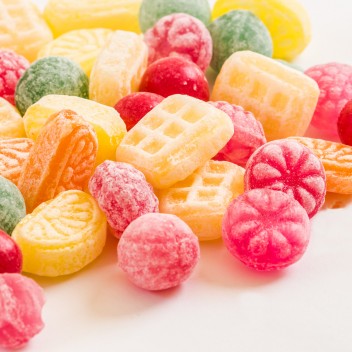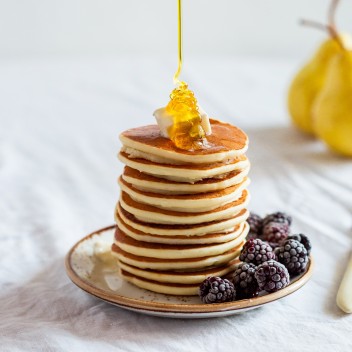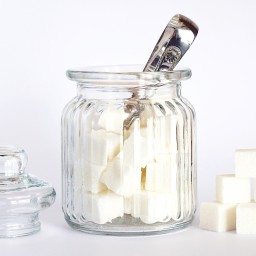Many people are not aware that sugar is practically used in almost every processed food product. If this is not the case, it is often indicated as the very popular claim “no added sugar” or even “sugar-free”. How can one be sure, that no or only naturally derived sugar from the product itself is contained in the product? Also here IRMS can help using the difference between C3 and C4 plants.
Special: Authenticity of Maple syrup
The worlds demand of this 100% natural sweetener has been growing along with the risk of fraud, adulteration and mislabeling. The temptation of increasing the yield, the profit and satisfying the rising demand of the consumers leads to adulteration mainly by adding cane sugar or blending with corn syrup. The use of isotopic analysis as an authenticity test protects the consumers, the producers and the traders against fraud and adulteration. Complying with the official standard (AOAC 984.23), Imprint Analytics GmbH provides high quality accredited services which allow the detection of the adulteration of maple syrup with cane sugar and corn syrup. The analytical method comprises the carbon isotopic analysis of the maple syrup using Isotope Ratio Mass Spectrometry (IRMS).




